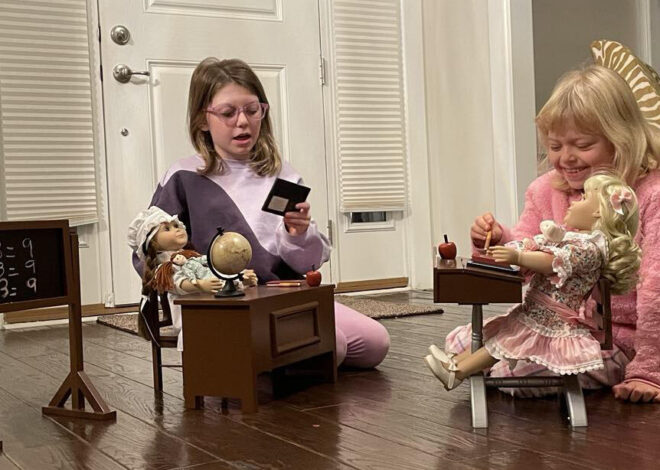Holidays with family are supposed to be joyous, right? Especially the ones we’re heading into right now.
Well, like so many parenting myths, not always.
Our parental instinct is to protect kids from bad news, at the holidays and at all times. But sometimes, it’s better to teach our kids how to handle challenging news. And to help them find the inner resources to deal with change, uncertainty, grief and loss.
Some life events don’t respect seasonality. The death of a grandparent. A sick pet. An upcoming move. A change of schools. A parent’s deployment. The end of a marriage.
Three Christmases ago, my husband and I planned to tell our three kids we were splitting up. Our marriage had been over for years, and we’d admitted it to ourselves six months prior. Everyone said “Don’t ruin their Christmas!” But we needed a happy backdrop to the bad news, and the kids needed time together without the distractions, pressures, and chaos of school and sports obliterating their ability to process the changes. The timing felt right, despite the pressure to maintain the holiday cheer.
We told the kids. We cried together. We went on. We did not ruin anyone’s Christmas; in fact, we set an example for how to embrace life, in all its sorrow and joy.
My aunt, whose favorite holiday was Christmas, died 10 days before the holiday, with her daughter and 14-year-old grandson by her side. A work colleague recently also chose Christmas as the best time to tell her adult sons that she and their father were divorcing after 25 years together. The end of the calendar year, for many, is a natural time to make changes and share family news.
My advice for breaking difficult news to kids, no matter their age, is simple:
Tell them together, if possible. If you cannot all be in the same room simultaneously, at least tell them on the same day, to avoid any whiff of family secrets or favoritism, which are always destructive to kids and inflame insecurities and rivalries.
Be honest. Chances are, your kids already know the truth, or at least have suspicions.
Be brief. Kids do not need to know the timeline, every detail, the most important rationales, each risk factor, every nuance you’ve experienced or that led to the calamity. In fact, too much information will probably be overwhelming.
Wait for their questions. Make eye contact, stop talking, and breathe! (For many of us, this is the hardest part.)
Leave the topic an open subject for future discussion. A smart parting line is “We’re here if you have any questions or reactions, now or in the future. We know this is hard.”
Don’t anticipate their feelings. Even within the same nuclear family, every person has a different reaction to change and grief. Let your kids discover and feel their own emotions. Which may, at first, look a whole lot like nothing (as in, “Can I get back to watching Gossip Girl now?”) This is normal.
Don’t hide your feelings. It’s a big temptation to “be strong” or “set an example” by squelching your own emotions. Don’t. At most, mute or soften them. But the last thing we as parents want to signal to kids is that emotions are not ok. Hiding or forcing down feelings often leads to depression, resentment, and acting out. Show that feelings are acceptable, that you can handle your own, and thus they can too.
The silver lining of delivering bad news to kids, at any time of year, is that by showing you trust that your kids can handle life’s many and various curveballs, you demonstrate that you have confidence in them and their own inner strength. Which is a gift so big and priceless, it doesn’t fit under anyone’s Christmas tree.





